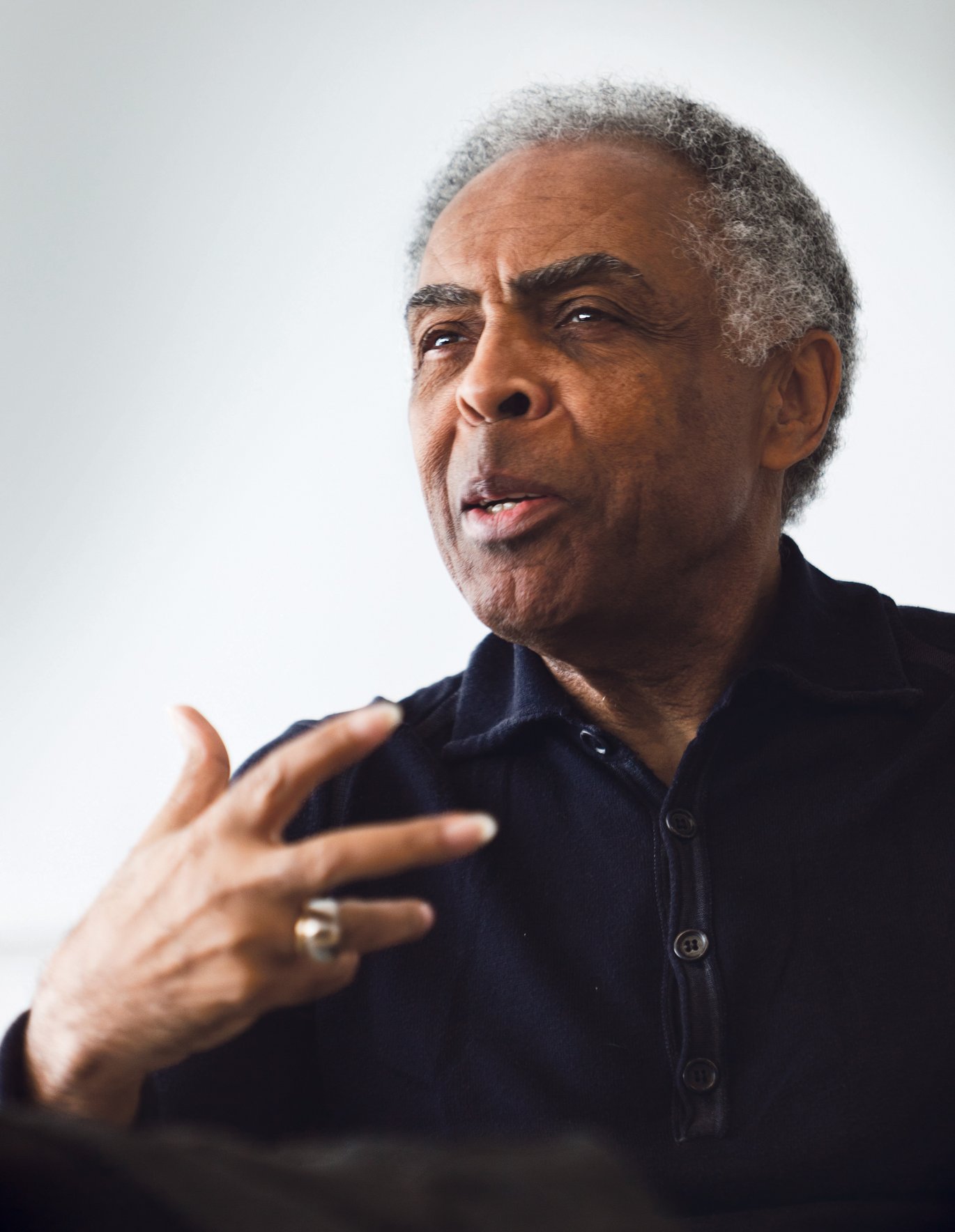Gil visits Aarhus
Brazilian musician Gilberto Gil didn’t give canned answers in a Q&A at AU last week.

On 4 April, Brazilian musician Gilberto Gil was in Aarhus to perform a concert. Before he took the stage, he stopped by Aarhus University to speak about his life, his music and his time as Brazil’s Minister of Culture, a post that he held from 2003-08.
Gil, born in 1942, was jailed by the Brazilian dictatorship in 1969. He was freed under the stipulation that he left the country, whereupon he fled to England, expanded his musical repertoire and returned to Brazil three years later.
After giving a brief bio, Gil took some questions from the crowd – not always giving them the answers they expected:
Q: What would you say are the greatest challenges and greatest pleasures and rewards of being a musical artist?
A: I think the first great challenge of your life is living. Surviving, first of all, it’s a miracle already that we can survive. There are moments when we depend completely on other people – the mother, the father, whoever takes care of us. We depend completely to be fed, to be nourished, to walk, to start being initiated into the language, to start understanding. To me, this is the first and most important challenge.
The other things are consequences of this survival. If we survive, as we have all been able to do here, then we start having new challenges. But they never really replace completely the first one, surviving …
Q: Brazil is a great super-power today with a growing middle class and my question is, What are the great challenges of the future development of Brazil?
A: I think the challenge is exactly not to become a superpower, in classical terms …
To be a power, to be recognised and be strong, you have to have a great army, you have to be strongly armed, you have to have a culture that you can impose on others. You have to have a language that dominates the other languages.
I hope that Brazil will not become something like that …
Q: You’ve fought against government power and have also been part of the government as the minister of culture. When do you feel you were the most powerful?
A: There are different forms of power in terms of the power of expression. An institution like the ministry, an institution of government, gives you political power …so that you can act through governmental structures to sort of influence people’s lives, as a government naturally should do. And this is one thing.
Another thing is culture – the power of culture, the power of music, the power of theatre, movie. They act directly on people and can be a source of ideas, of sentiments, of interpreting meanings of life and different things in life. They’re different from politics – they don’t deal with power, actual – I would say – physical power. The arts are very indirect …
